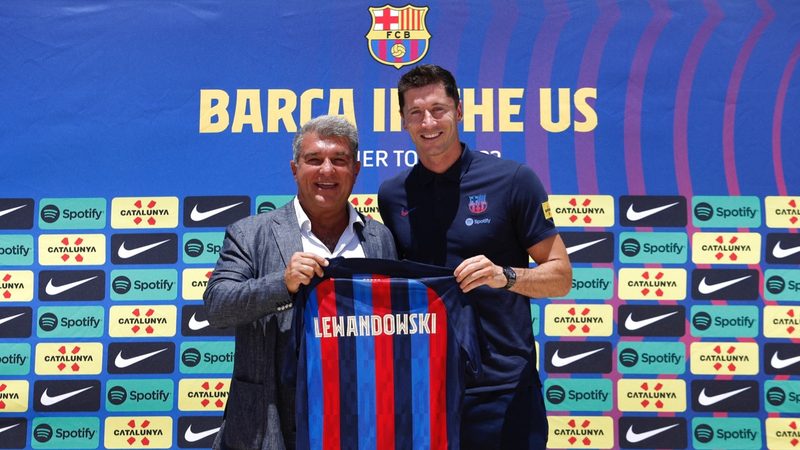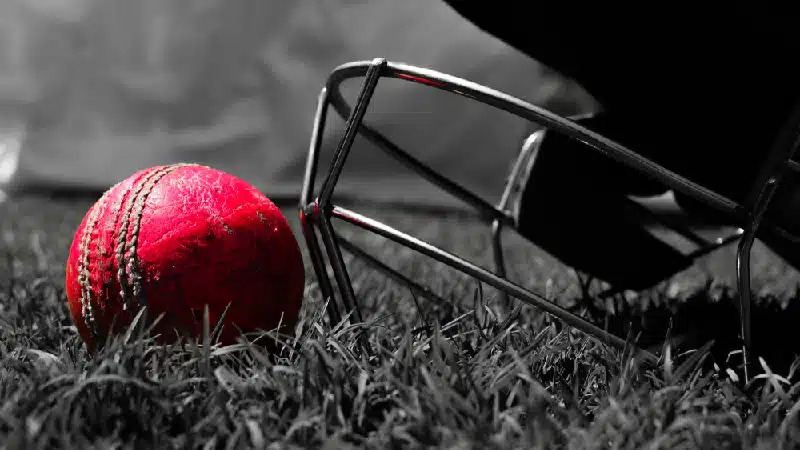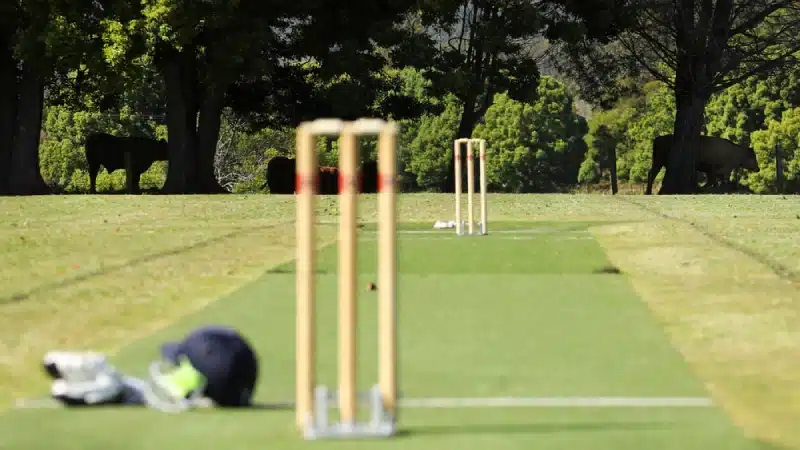
La Liga giants FC Barcelona have emerged as one of the most active clubs in the ongoing summer transfer window.
The five-time UEFA Champions League winners have splashed a staggering $170 million in the transfer window in order to strengthen their squad ahead of the 2022-23 football season.
While the Catalan club dropped to the UEFA Europa League last season for the first time since the 2003-04 campaign, subsequently getting knocked out in the quarter-finals, Barcelona have made some big-money signings to challenge the other big European clubs this summer.
Under the tutelage of manager Xavi, Barcelona have acquired the services of former Bayern Munich forward Robert Lewandowski for $50 million, spent almost $65 million for ex-Leeds United winger Raphinha and signed French defender Jules Kounde for another $55 million.
Furthermore, the 26-time La Liga champions have also roped in former AC Milan midfielder Franck Kessié and ex-Chelsea defender Andreas Christensen on free transfers.
Interestingly, when Joan Laporta was re-elected as the club’s president in 2021, Barcelona announced that they were almost bankrupt, as they had debts of more than $1.3 billion.
As the club experienced an unprecedented financial crisis, Barcelona were forced to activate several ‘economic levers’ to boost their situation and help raise enough money to build a strong squad for the future.
What are Barcelona’s economic levers?
The term ‘economic levers’ refers to a financial action where a club/franchise sells some of their assets partially to raise money to reduce debt.
Led by president Laporta, Barcelona had earlier restructured their short-term debt to long-term by acquiring a loan of €600 million from Goldman Sachs. It gave the football club another 10 years to repay the loan with interest.
During an EGM meeting in June, Barcelona officials voted in favour of selling 49.9 per cent of their club’s Licensing and Merchandising (BLM) for €300 million to balance their books.
As part of their second lever, the Catalan outfit sold 25 per cent of the club’s La Liga TV rights for 25 years to a global investment firm named Sixth Street for nearly $600 million.
Additionally, Barcelona have also bagged a $236 million sponsorship deal with Swedish music streaming company Spotify to improve their financial condition.
However, as per La Liga rules, Barcelona can utilise only 15 per cent of the latest generated revenue towards increasing the salary cap.
Last season, Barcelona’s player wages accounted for over 100 per cent of the total income when Laporta took over.
In order to meet La Liga restrictions, Barcelona need to offload some of their fringe players or reduce players’ salary cap to register the new summer signings. Before the summer transfer window closes, Barcelona can activate additional economic levers to sign more players as well as register all their signings.
Meanwhile, Barcelona will kick off their La Liga 2022-23 campaign against Rayo Vallecano at Camp Nou on Sunday, August 14.
Follow us on Telegram for the latest updates from the world of sports!
Interested in football betting? Click here to check out the list of top sites.
Featured photo: Marco BELLO / AFP




















